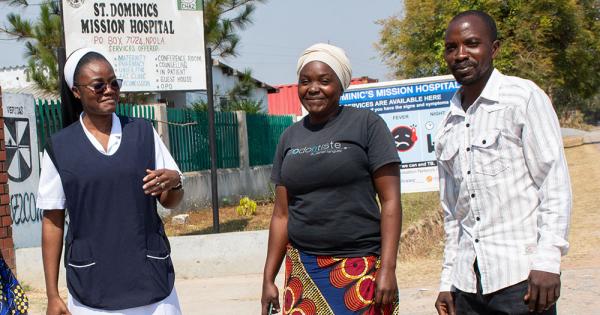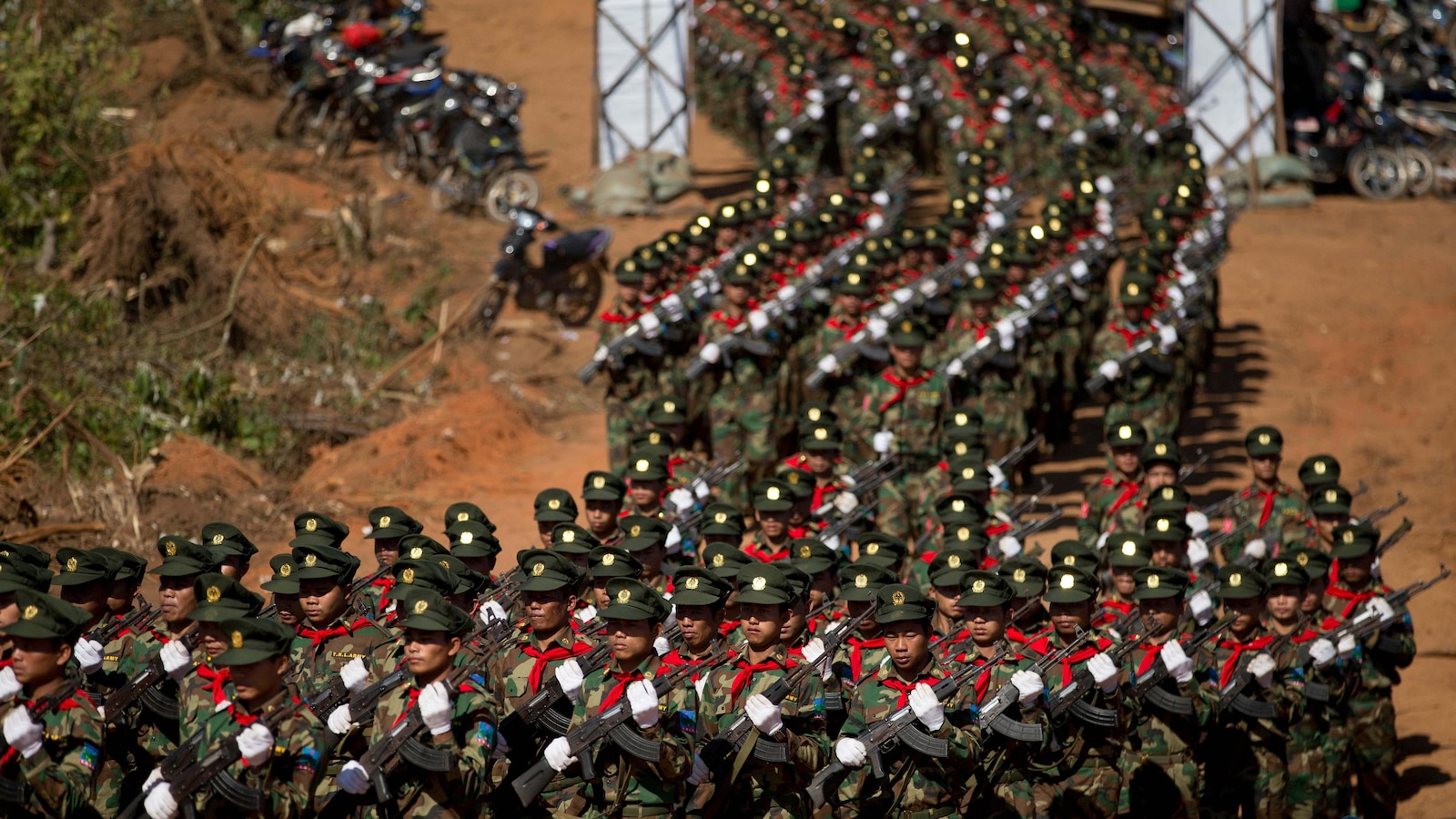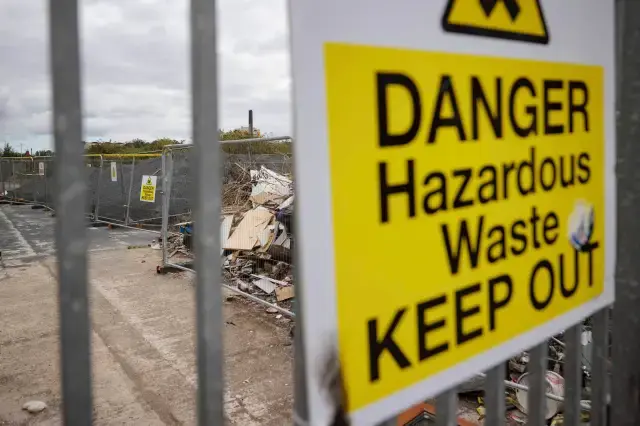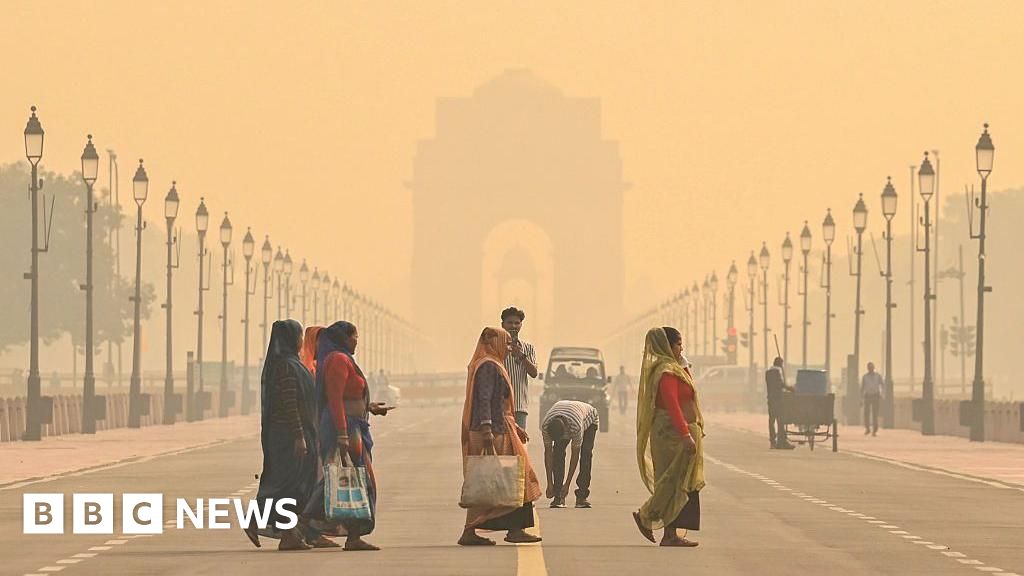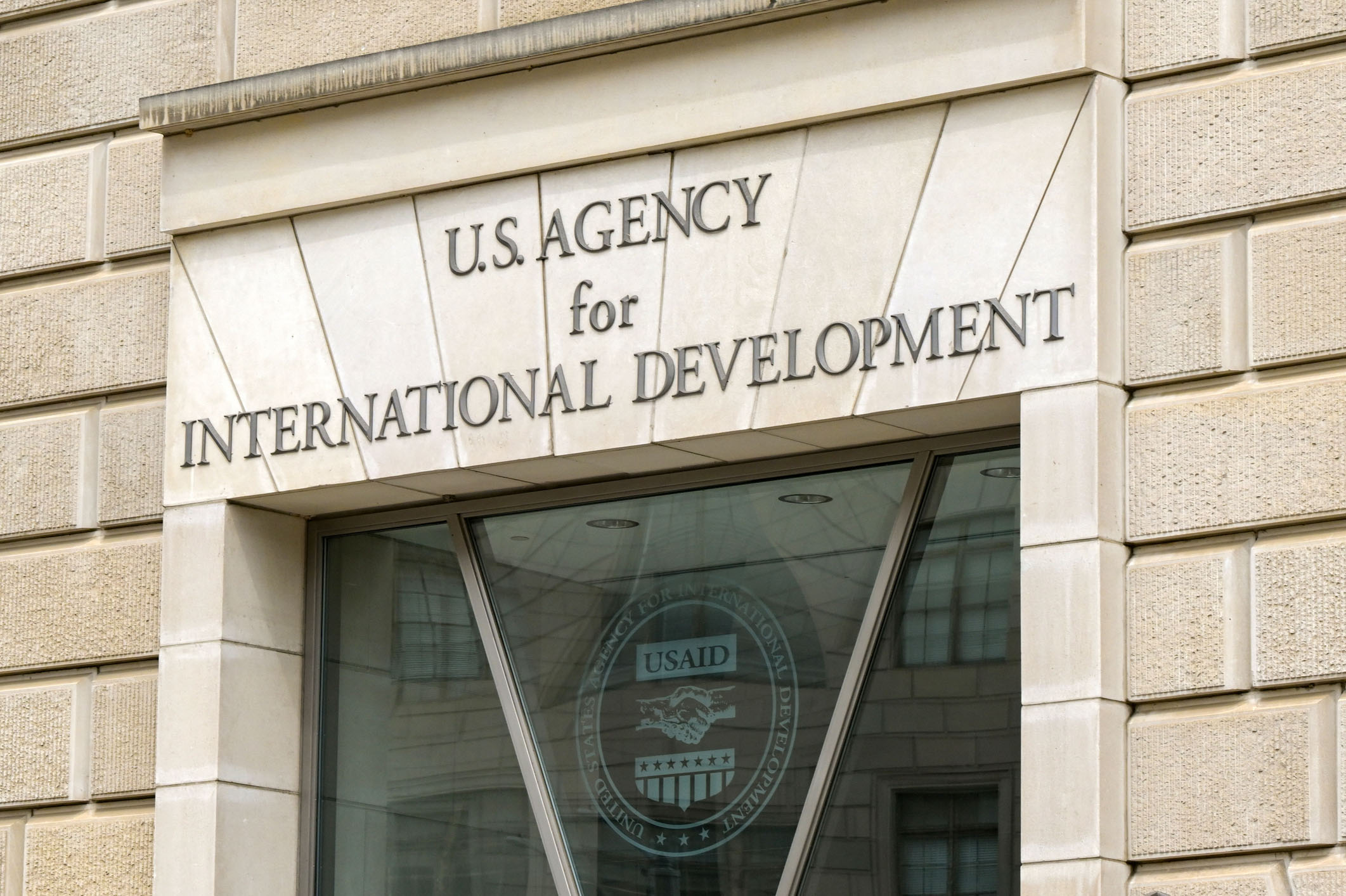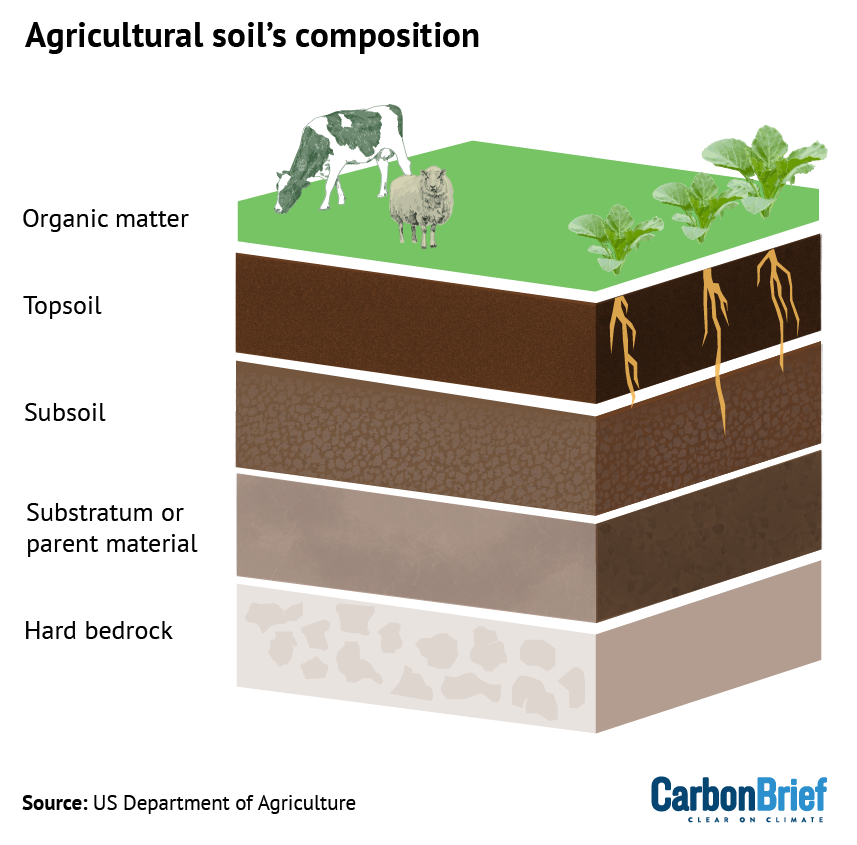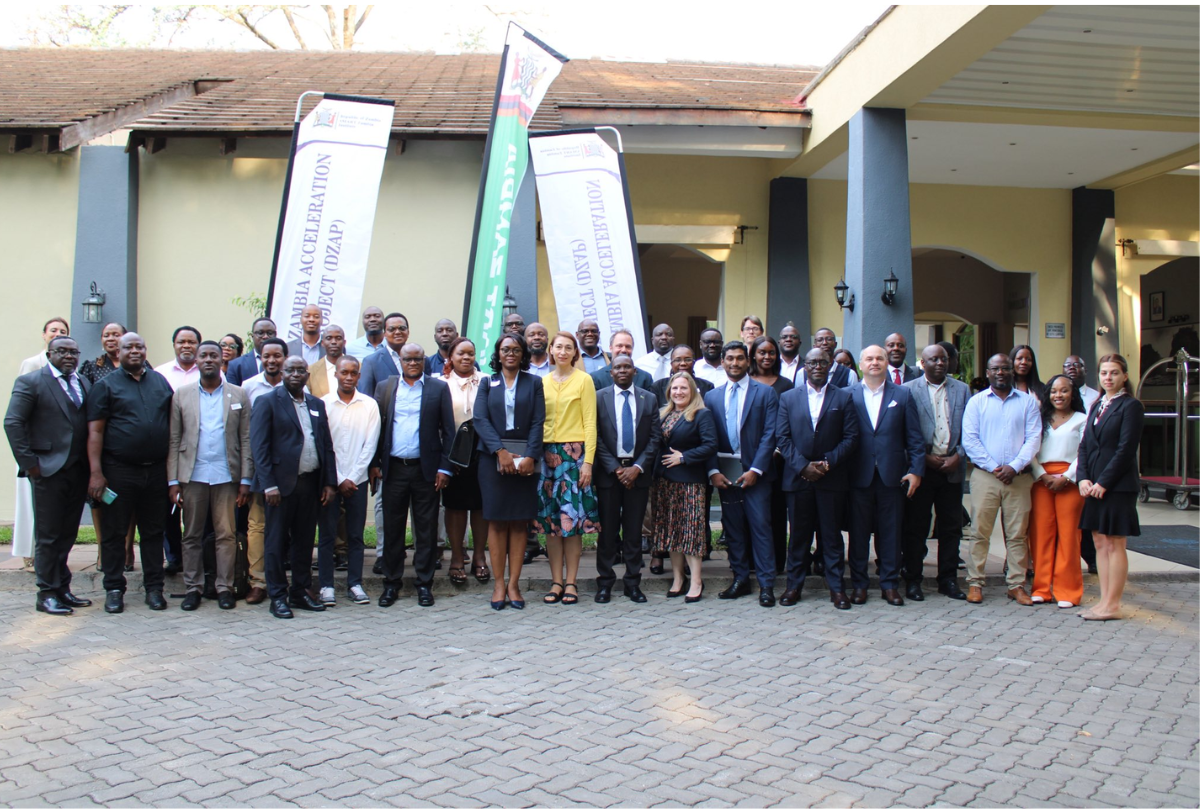The ICJ Advisory Opinion on Climate Change: A Business and Human Rights Perspective – Opinio Juris

Report on the International Court of Justice Advisory Opinion on Climate Change and its Alignment with the Sustainable Development Goals
Introduction and Context
In July 2025, the International Court of Justice (ICJ) issued a significant Advisory Opinion clarifying state obligations under international law concerning climate change. This report analyzes the opinion’s implications for human rights-based corporate responsibility, with a specific focus on its alignment with the United Nations Sustainable Development Goals (SDGs). Given the substantial contribution of corporate actors to global emissions, the opinion’s findings are critical for the advancement of SDG 12 (Responsible Consumption and Production) and SDG 13 (Climate Action).
Core Findings of the ICJ Advisory Opinion
The Scope of State Obligations
The Court’s unanimous opinion establishes a robust framework for state accountability in the face of what it termed an “urgent and existential” threat. Key findings include:
- Duty of Due Diligence: States have a fundamental duty to use all means at their disposal to prevent activities within their jurisdiction or control from causing significant harm to the climate system.
- State Responsibility: A breach of the obligations identified in the opinion may constitute an internationally wrongful act, thereby engaging the international responsibility of the state. This strengthens the legal mechanisms underpinning SDG 16 (Peace, Justice and Strong Institutions).
- Erga Omnes Obligations: The Court affirmed that obligations to protect the climate system are owed erga omnes, meaning all states have a legal interest in ensuring compliance. This underscores the principle of collective action and global partnership central to SDG 17 (Partnerships for the Goals).
The Applicable Legal Framework
The ICJ rejected a narrow interpretation of climate law, confirming that the applicable legal framework extends beyond the UNFCCC, the Kyoto Protocol, and the Paris Agreement. The Court’s analysis incorporated a broad body of international instruments, including customary international law and human rights law. A crucial element of this framework is the explicit state obligation to regulate the conduct of private actors, providing a direct legal pathway for states to enforce corporate contributions to SDG 13.
Human Rights and Corporate Responsibility: An SDG Perspective
Interlinkage between Climate, Human Rights, and the SDGs
The Advisory Opinion unequivocally affirmed that the adverse effects of climate change can impair the effective enjoyment of human rights. This position directly connects the climate crisis to a range of SDGs. The Court recognized impacts on:
- The rights to life and health, aligning with SDG 3 (Good Health and Well-being).
- The right to an adequate standard of living, privacy, and family, relevant to SDG 11 (Sustainable Cities and Communities).
- The specific rights of women, children, and indigenous peoples, reinforcing the aims of SDG 5 (Gender Equality) and SDG 10 (Reduced Inequalities).
By doing so, the ICJ reinforces the indivisible nature of the 2030 Agenda, where environmental protection is integral to human well-being and social equity.
State Duty to Regulate Corporate Actors
The ICJ asserted that states must enact and enforce regulatory measures designed to achieve “deep, rapid, and sustained GHG emissions” reductions. The opinion clarifies that a state’s failure to regulate private sector activities—including fossil fuel production, consumption, licensing, or subsidies—can be an internationally wrongful act attributable to that state. This finding provides a powerful legal impetus for policies that advance SDG 7 (Affordable and Clean Energy) by accelerating the phase-out of fossil fuels and SDG 12 by holding states accountable for unsustainable production patterns within their borders.
A joint declaration by Judges Bhandari and Cleveland further argued for a stronger stance, emphasizing state obligations to phase out fossil fuel dependency and redress the downstream consequences of production and licensing activities.
Future Implications for Global Governance and SDG Implementation
Impact on Legislative and Treaty Developments
The ICJ’s findings are poised to influence key international legal and policy initiatives, shaping the framework for corporate accountability and SDG implementation.
- Mandatory Human Rights Due Diligence: The opinion strengthens the case for robust climate-related requirements in mandatory due diligence legislation, such as the EU’s Corporate Sustainability Due Diligence Directive (CSDDD). Proposals to weaken corporate obligations to adopt and implement credible climate transition plans now appear inconsistent with the standard of due diligence required of states under international law, potentially hindering corporate contributions to SDG 13.
- UN Treaty on Business and Human Rights: The opinion highlights a significant gap in the current draft of the legally binding instrument on business and human rights. The draft’s limited reference to corporate climate responsibilities is in tension with the ICJ’s authoritative interpretation of state duties. This tension will likely feature in future negotiations, with advocates pushing for alignment to ensure the treaty effectively supports SDG 16 and other climate-related goals.
Comparison with Other International Bodies
While landmark, the ICJ’s opinion is more cautious than the 2025 Advisory Opinion from the Inter-American Court of Human Rights (IACtHR). The IACtHR explicitly stated that addressing the climate emergency is an “obligation that must be fulfilled by companies and regulated by states,” suggesting stricter obligations for major corporate emitters (“Carbon Majors”) and directly endorsing the UN Guiding Principles on Business and Human Rights (UNGPs). The IACtHR’s position offers a more direct framework for aligning corporate conduct with the SDGs.
Conclusion
The ICJ Advisory Opinion is a milestone in international law that provides an authoritative articulation of the relationship between climate protection and human rights. It significantly strengthens the legal basis for achieving the Sustainable Development Goals, particularly SDG 13 (Climate Action), SDG 16 (Peace, Justice and Strong Institutions), and SDG 17 (Partnerships for the Goals). By clarifying the state’s duty to regulate private emitters, the opinion is expected to have cascading legal and normative effects on corporate accountability and domestic climate litigation. However, the Court itself acknowledged the planetary scale of the climate crisis, underscoring that judicial pronouncements alone are insufficient and that comprehensive, multi-stakeholder action, as envisioned in the 2030 Agenda, is imperative.
Analysis of Sustainable Development Goals in the Article
1. Which SDGs are addressed or connected to the issues highlighted in the article?
The article on the ICJ Advisory Opinion on climate change touches upon several interconnected Sustainable Development Goals (SDGs). The analysis reveals a primary focus on climate action and its legal and institutional underpinnings, with significant connections to human rights, energy, and corporate responsibility.
-
SDG 13: Climate Action
This is the central theme of the article. The entire text revolves around states’ legal obligations to address climate change, reduce greenhouse gas (GHG) emissions, and protect the climate system. It explicitly mentions the UNFCCC, the Paris Agreement, and the goal of achieving “deep, rapid, and sustained GHG emissions” reductions.
-
SDG 16: Peace, Justice and Strong Institutions
The article is fundamentally about the role of legal and judicial institutions in addressing the climate crisis. It details the actions of the International Court of Justice (ICJ), the Inter-American Court of Human Rights (IACtHR), and other regional and national courts. It discusses the development of international law, state responsibility, the rule of law, and mechanisms for holding states and corporations accountable through litigation, which are core components of this goal.
-
SDG 7: Affordable and Clean Energy
The article directly addresses the source of a significant portion of GHG emissions by discussing “fossil fuel production, fossil fuel consumption, the granting of fossil fuel exploration licences or the provision of fossil fuel subsidies.” The joint declaration by Judges Bhandari and Cleveland is cited for its emphasis on states’ obligations to “phasing out fossil fuel dependency,” which inherently promotes a transition to cleaner energy sources.
-
SDG 12: Responsible Consumption and Production
The focus on corporate responsibility, particularly the regulation of private emitters and “Carbon Majors,” connects directly to this SDG. The article discusses the “corporate responsibility to respect human rights,” the EU’s Corporate Sustainability Due Diligence Directive (CSDDD), and the need for companies to adopt credible climate transition plans, all of which aim to foster more sustainable production patterns.
-
SDG 3: Good Health and Well-being
The article explicitly states that the ICJ Opinion recognized that “the adverse effects of climate change may impair the effective enjoyment of a wide range of human rights,” including the right to “health.”
-
SDG 5: Gender Equality
The text notes that the ICJ acknowledged that climate change can impair the enjoyment of human rights, specifically including “the rights of women.” This links the climate crisis to the goal of protecting and empowering women.
-
SDG 10: Reduced Inequalities
The article mentions the impairment of the rights of “children and indigenous peoples,” who are often disproportionately affected by climate change. This highlights the inequality dimension of climate impacts.
-
SDG 17: Partnerships for the Goals
The article illustrates a multi-stakeholder partnership in action. It describes the process involving the UN General Assembly requesting an opinion from the ICJ, the participation of multiple states in the proceedings, and the influence of international treaties and other judicial bodies (like the IACtHR and ITLOS). This complex interplay between different global actors to advance a common goal is the essence of SDG 17.
2. What specific targets under those SDGs can be identified based on the article’s content?
Based on the issues discussed, several specific SDG targets can be identified:
-
Target 13.2: Integrate climate change measures into national policies, strategies and planning.
The article extensively discusses states’ obligations to take “regulatory and legislative measures to limit the quantity of emissions caused by private actors.” It also references the requirement for states to prepare and implement “nationally determined contributions (NDCs) under the Paris Agreement” and for companies to adopt “climate transition plans,” which are direct implementations of this target.
-
Target 16.3: Promote the rule of law at the national and international levels and ensure equal access to justice for all.
The article’s focus on the ICJ and other courts’ advisory opinions and judgments, the “growing trend of framing… climate-related harms in terms of breaches of human rights obligations in litigation,” and the discussion of state responsibility under international law are all directly related to strengthening the rule of law and using legal mechanisms to seek justice for climate-related harm.
-
Target 12.6: Encourage companies, especially large and transnational companies, to adopt sustainable practices and to integrate sustainability information into their reporting cycle.
This target is clearly addressed through the discussion of the EU’s Corporate Sustainability Due Diligence Directive (CSDDD), which could “require companies to report on their climate-related human rights impacts and to adopt emission reduction plans.” The article’s entire section on “Climate Change, Business and Human Rights” supports this target.
-
Target 16.b: Promote and enforce non-discriminatory laws and policies for sustainable development.
The article’s recognition that climate change disproportionately impairs the rights of “women, children and indigenous peoples” and the legal affirmation of a state’s duty to protect these rights from climate harm aligns with the promotion of non-discriminatory policies for sustainable development.
-
Target 7.a: Enhance international cooperation to facilitate access to clean energy research and technology… and promote investment in energy infrastructure and clean energy technology.
While not a central focus, the call by Judges Bhandari and Cleveland to “phasing out fossil fuel dependency” and holding states responsible for “fossil fuel production, licensing, and subsidies” implicitly supports the need to shift investment and policy towards clean energy, a goal facilitated by international legal cooperation as described in the article.
3. Are there any indicators mentioned or implied in the article that can be used to measure progress towards the identified targets?
The article mentions or implies several indicators that can be used to measure progress:
-
Nationally Determined Contributions (NDCs)
The article explicitly mentions “nationally determined contributions (NDCs) under the Paris Agreement” as part of a state’s obligations. The submission, scope, and implementation of NDCs are a direct indicator for Target 13.2.
-
Corporate Climate Transition Plans
The article discusses the proposal for Article 22 of the CSDDD, which would require “companies to adopt and implement credible climate transition plans.” The number of companies adopting such plans and the credibility of these plans serve as a key indicator for Target 12.6.
-
Reduction in Fossil Fuel Subsidies, Production, and Licensing
The article identifies “fossil fuel production, fossil fuel consumption, the granting of fossil fuel exploration licences or the provision of fossil fuel subsidies” as actions for which a state may be held responsible. Therefore, a reduction in these activities serves as a clear, measurable indicator of progress towards climate and clean energy goals (Targets 13.2 and 7.a).
-
Adoption of Mandatory Human Rights Due Diligence Legislation
The text points to the “growing body of mandatory human rights due diligence legislation,” such as the CSDDD, as a significant development. The adoption and enforcement of such laws by states is an indicator of progress in corporate accountability (Target 12.6) and strengthening institutions (Target 16.3).
-
Volume and Outcome of Climate Litigation
The article highlights the “growing trend” of climate litigation against both states and corporations. The number of cases filed, and particularly the legal precedents set by their outcomes (such as in Urgenda v the State of the Netherlands), can be seen as an indicator of access to justice and the enforcement of the rule of law (Target 16.3).
4. Table of SDGs, Targets, and Indicators
| SDGs | Targets | Indicators Identified in the Article |
|---|---|---|
| SDG 13: Climate Action | 13.2: Integrate climate change measures into national policies, strategies and planning. |
|
| SDG 16: Peace, Justice and Strong Institutions | 16.3: Promote the rule of law at the national and international levels and ensure equal access to justice for all. |
|
| SDG 12: Responsible Consumption and Production | 12.6: Encourage companies to adopt sustainable practices and integrate sustainability information into their reporting cycle. |
|
| SDG 7: Affordable and Clean Energy | 7.a: Enhance international cooperation… and promote investment in… clean energy technology. |
|
| SDG 17: Partnerships for the Goals | 17.16: Enhance the global partnership for sustainable development. |
|
Source: opiniojuris.org

What is Your Reaction?
 Like
0
Like
0
 Dislike
0
Dislike
0
 Love
0
Love
0
 Funny
0
Funny
0
 Angry
0
Angry
0
 Sad
0
Sad
0
 Wow
0
Wow
0









